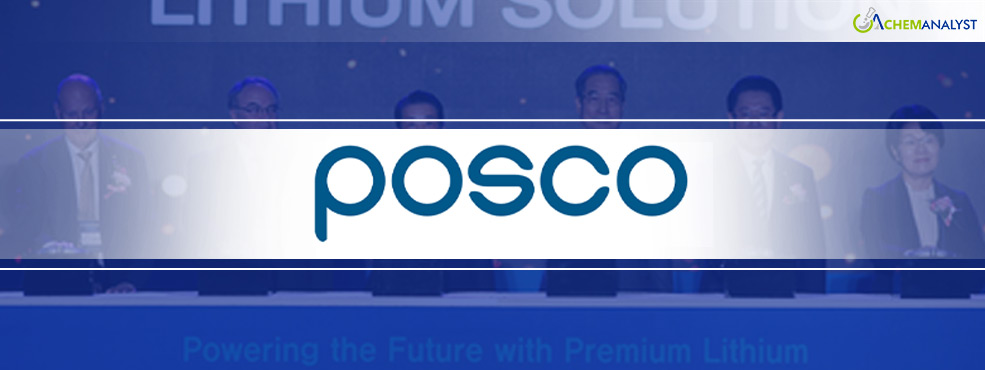Welcome To ChemAnalyst

A ceremony took place today in Gwangyang, Korea, to celebrate the completion of Train 2 at the Lithium Hydroxide Monohydrate Chemical Facility, marking the successful development of Korea’s first lithium hydroxide plant. This plant, a joint venture between Pilbara Minerals and POSCO Holdings, consists of two production trains: Train 1 and Train 2. Once fully operational, the facility is capable of producing up to 43,000 tonnes of lithium hydroxide annually, which is enough to manufacture batteries for approximately one million electric vehicles. Pilbara Minerals holds an 18% equity stake in the project and has secured a long-term offtake agreement to supply spodumene concentrate from its Pilgangoora Operation in Western Australia.
The completion ceremony was attended by significant figures, including the Prime Minister of the Republic of Korea, Han Duck-soo, and POSCO Group Chairman, Chang In-Hwa. Pilbara Minerals Non-Executive Director Steve Scudamore AM also attended the event and extended his congratulations on reaching this major milestone. During his address, Mr. Scudamore acknowledged the efforts of POSCO Holdings and all those who contributed to the construction of the state-of-the-art facility. He also recognized the Pilbara Minerals team, who supply the raw materials from Pilgangoora. "Our partnership with POSCO began six years ago in 2018 with a bold vision to diversify global battery chemicals production," Mr. Scudamore noted. "We are excited about continuing this long and prosperous partnership with POSCO in the years ahead."
This joint venture between Pilbara Minerals and POSCO Holdings aims to make a substantial impact on the global lithium supply chain, particularly as demand for lithium-driven technologies, such as electric vehicles and energy storage systems, continues to rise. By enabling the production of high-quality lithium hydroxide, the facility supports the clean energy transition and strengthens the companies’ position in the growing battery chemicals market. “Together, we are working to make a meaningful difference in the world by enabling a cleaner and more sustainable energy future,” Mr. Scudamore added.
The ramp-up of Train 2 is expected to be completed within 12 to 18 months following the commissioning phase. Meanwhile, Train 1 began its production ramp-up in 2024, with certification for battery-grade lithium hydroxide monohydrate already underway. The facility has already attracted multiple South Korean customers, reinforcing its importance in the regional and global lithium market.
With the completion of this facility, the Pilbara Minerals and POSCO Holdings joint venture becomes one of the few lithium chemicals producers outside of China. This positions the partners as significant players in the global supply chain for lithium hydroxide, which is essential for the production of lithium-ion batteries. Diversifying revenue streams through value-added products like lithium hydroxide is a key part of Pilbara Minerals' strategic focus. The company aims to increase its presence in the lithium chemicals sector, aligning with its goal of becoming a fully integrated battery materials supplier. By enhancing its role in the global battery materials supply chain, Pilbara Minerals is positioning itself for future growth and success in the energy transition.
We use cookies to deliver the best possible experience on our website. To learn more, visit our Privacy Policy. By continuing to use this site or by closing this box, you consent to our use of cookies. More info.
